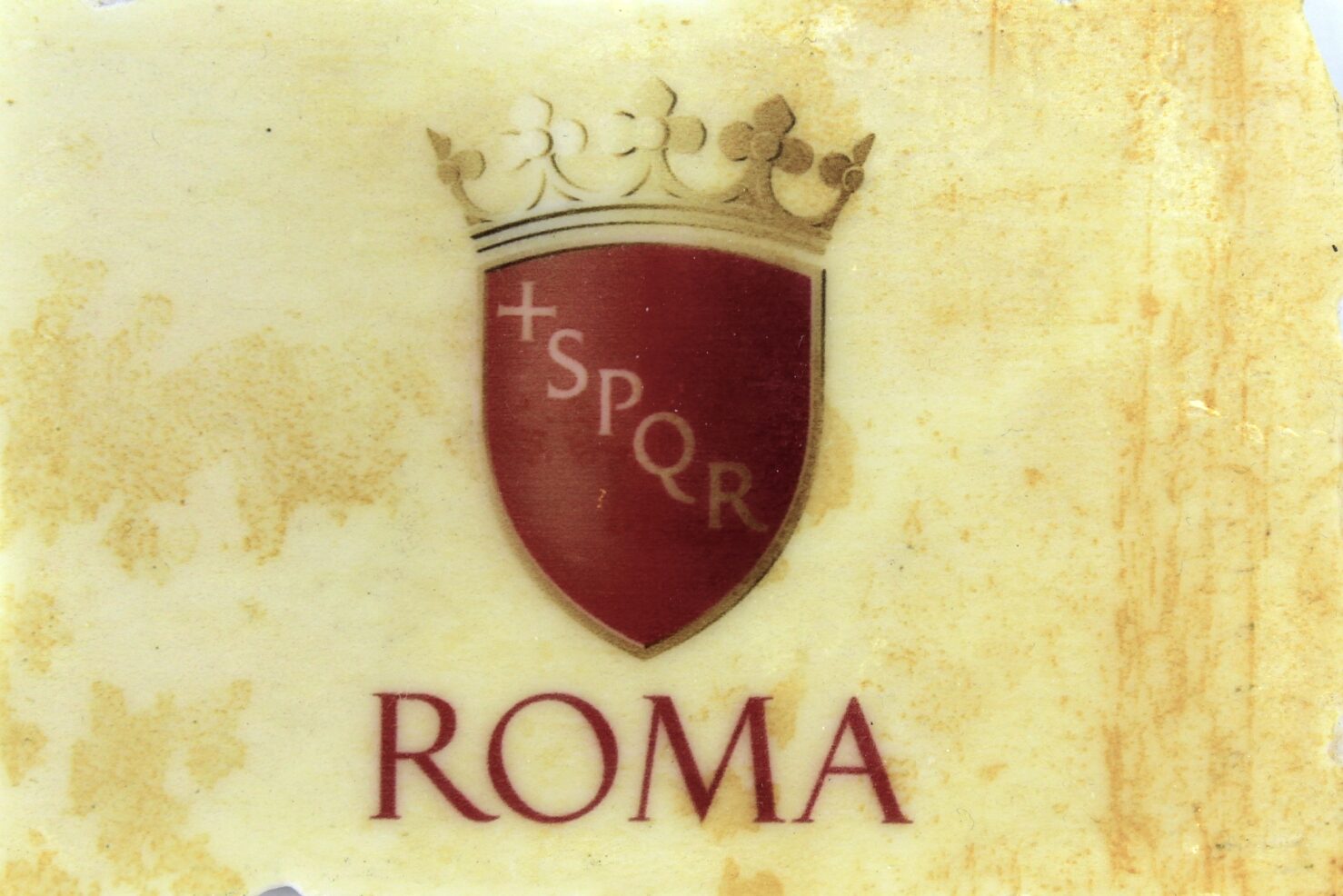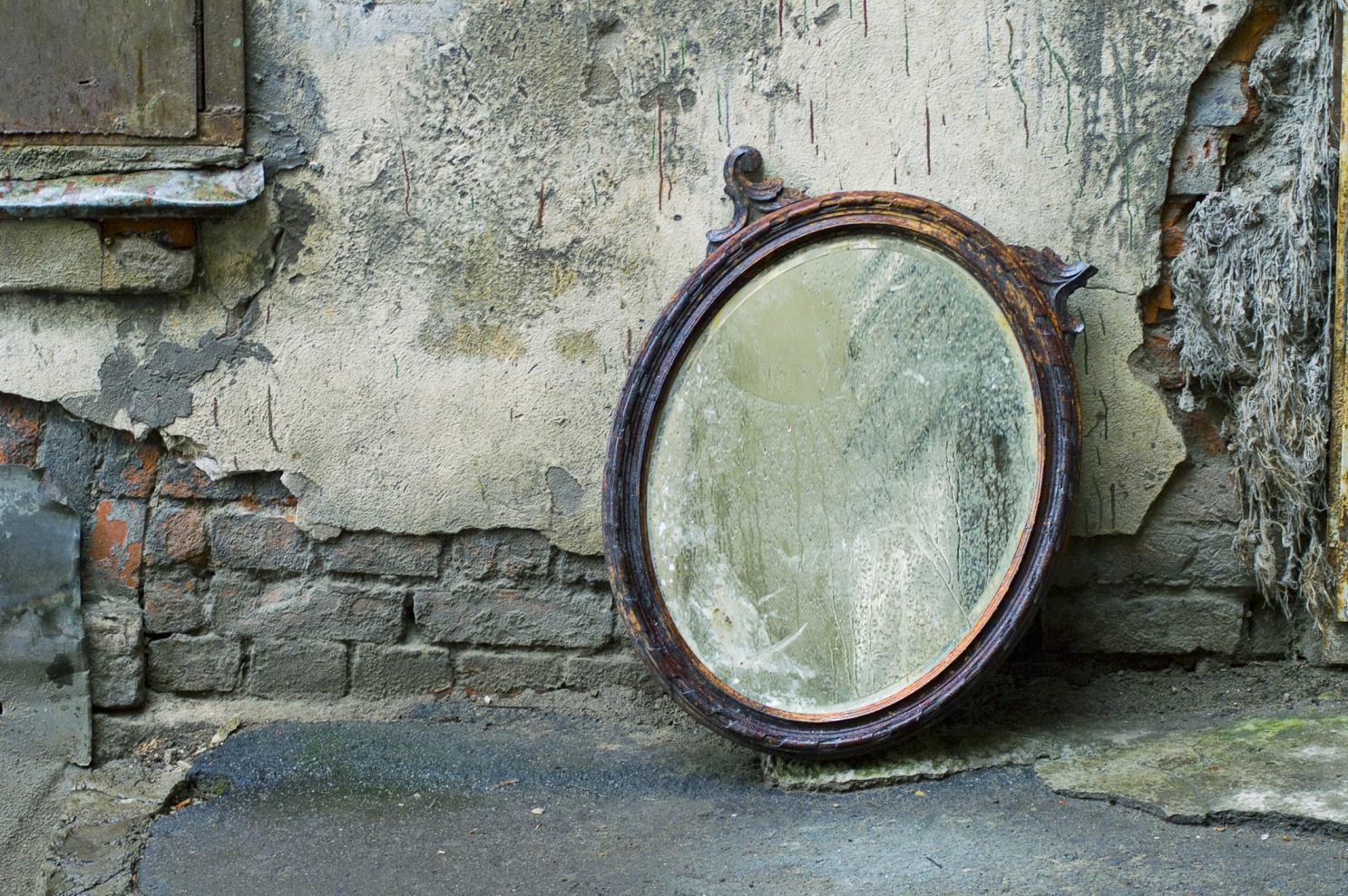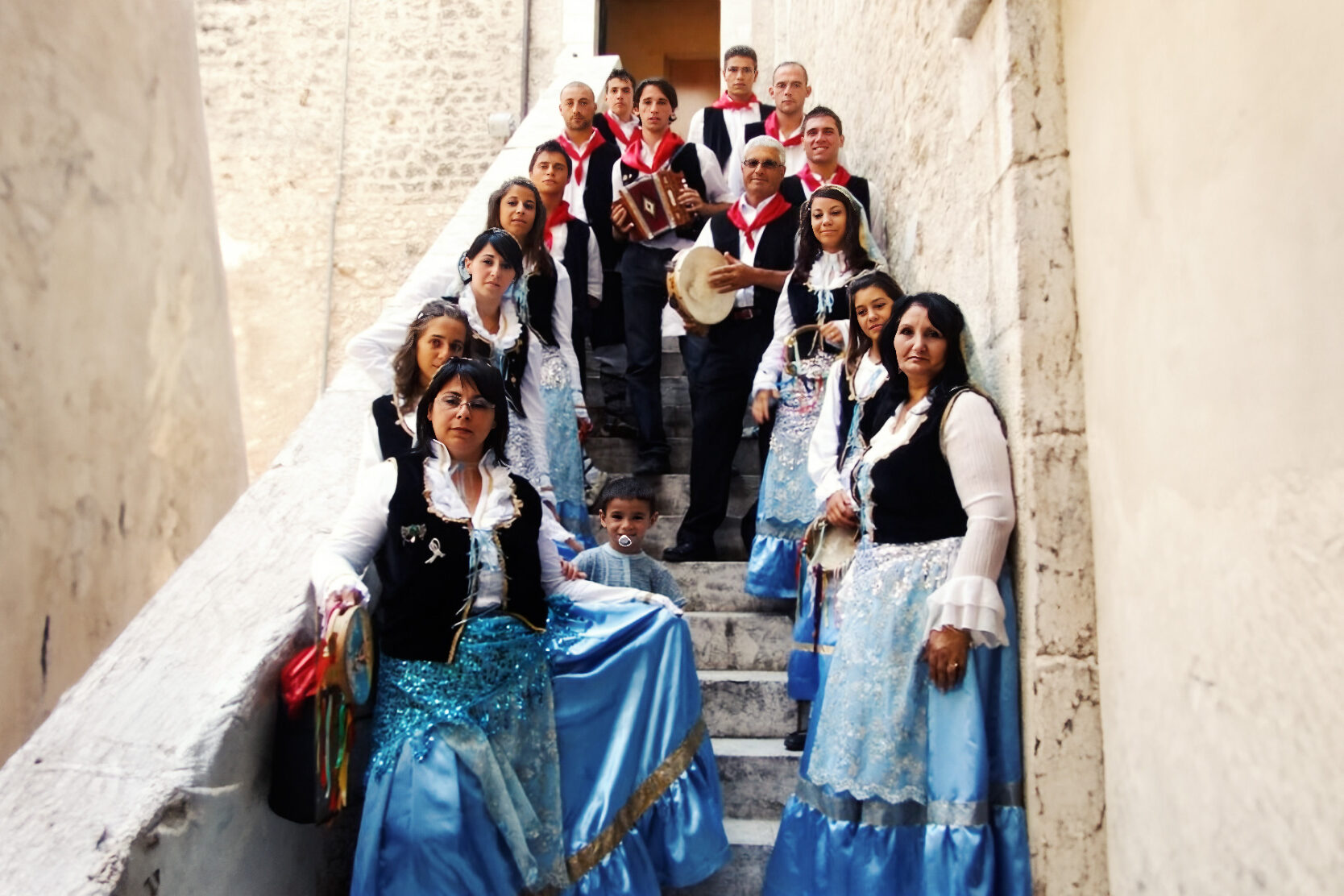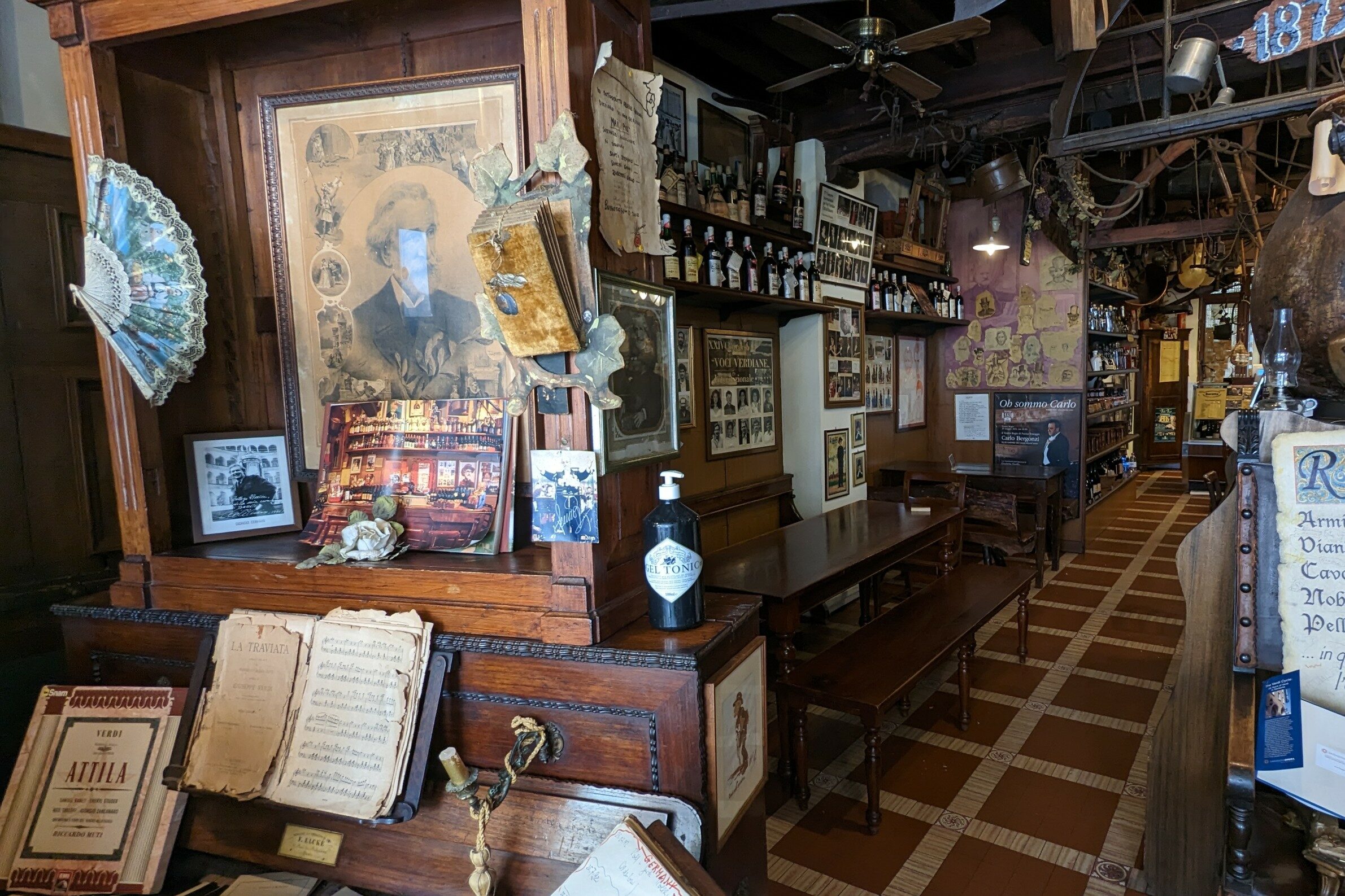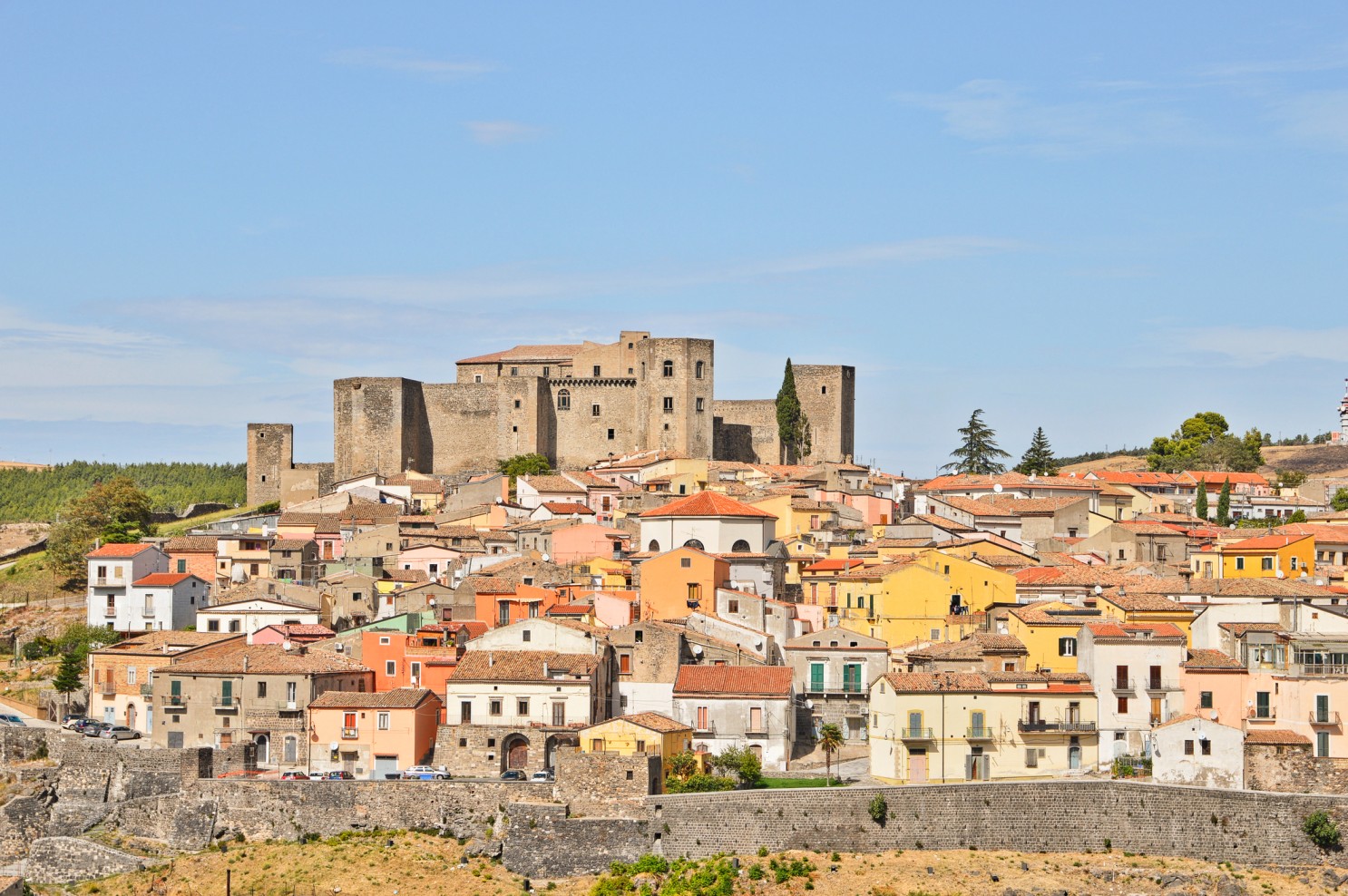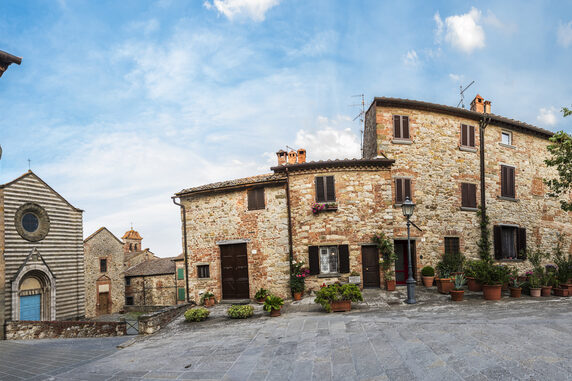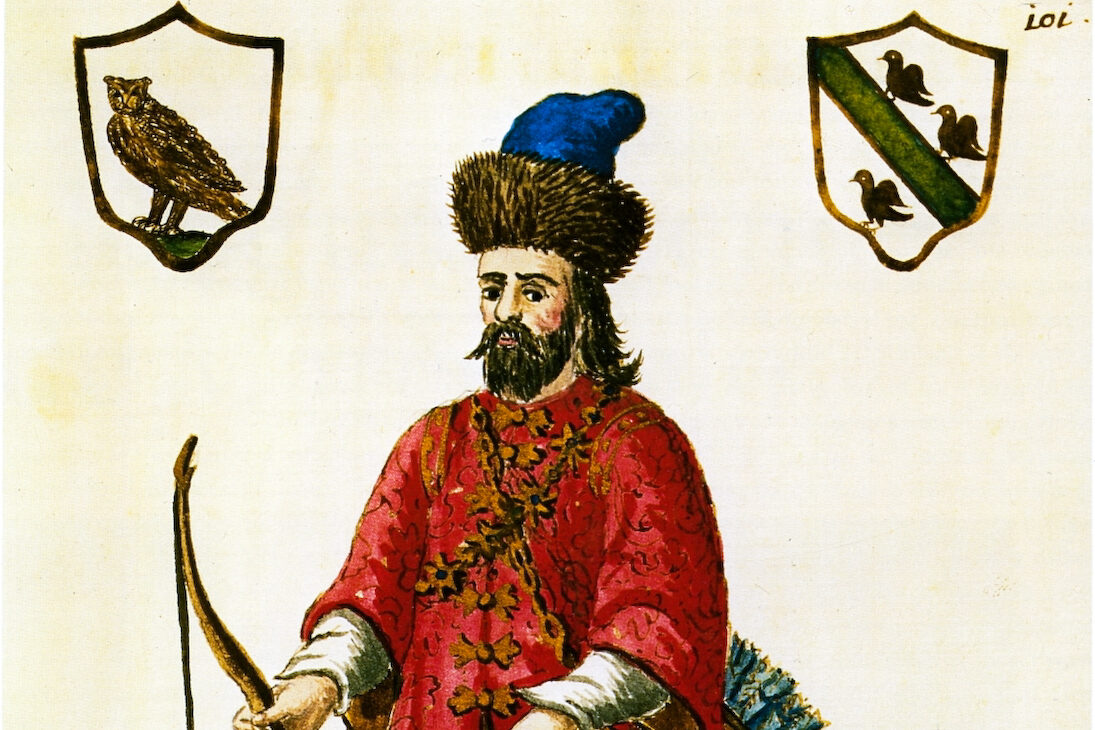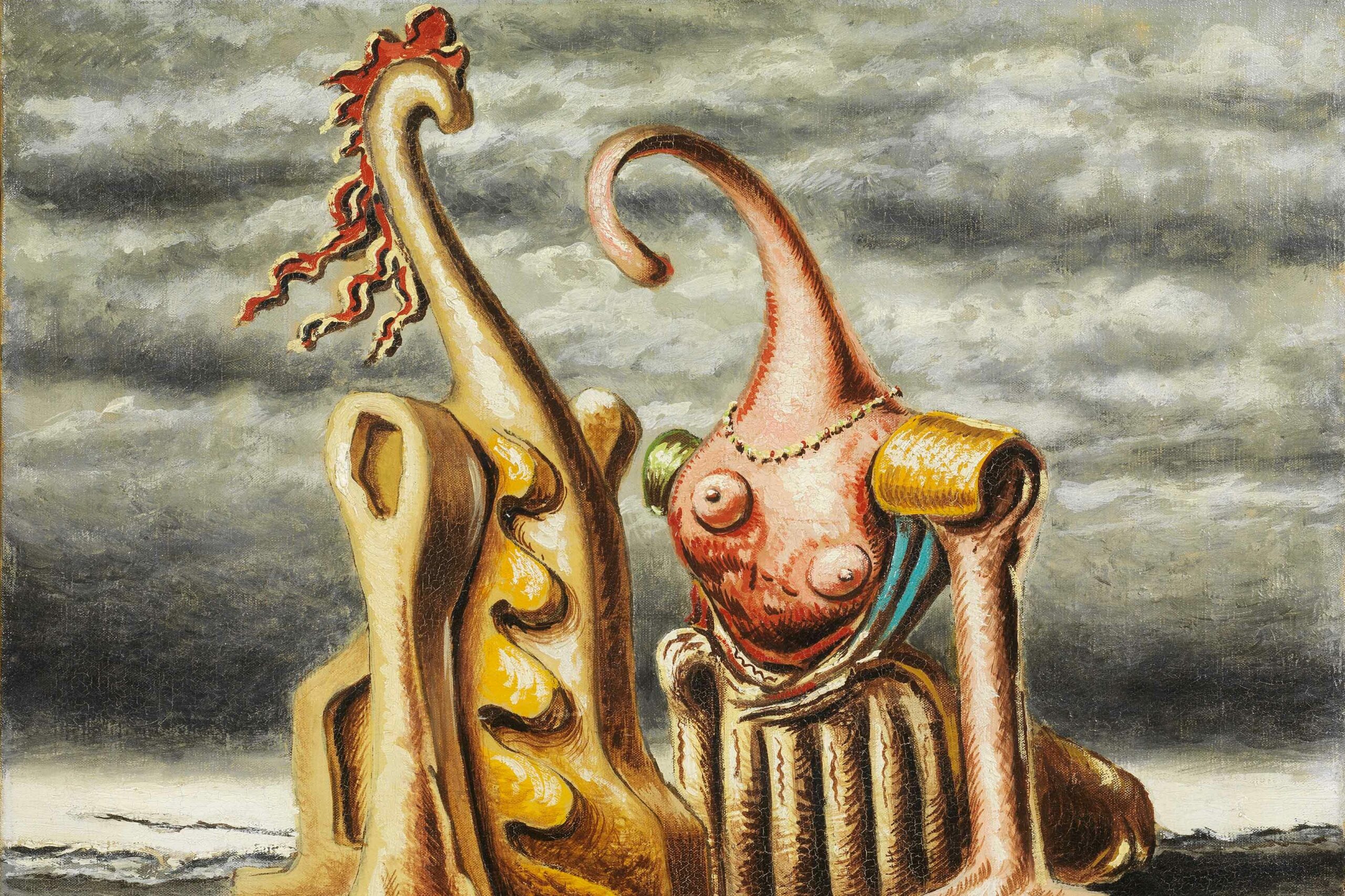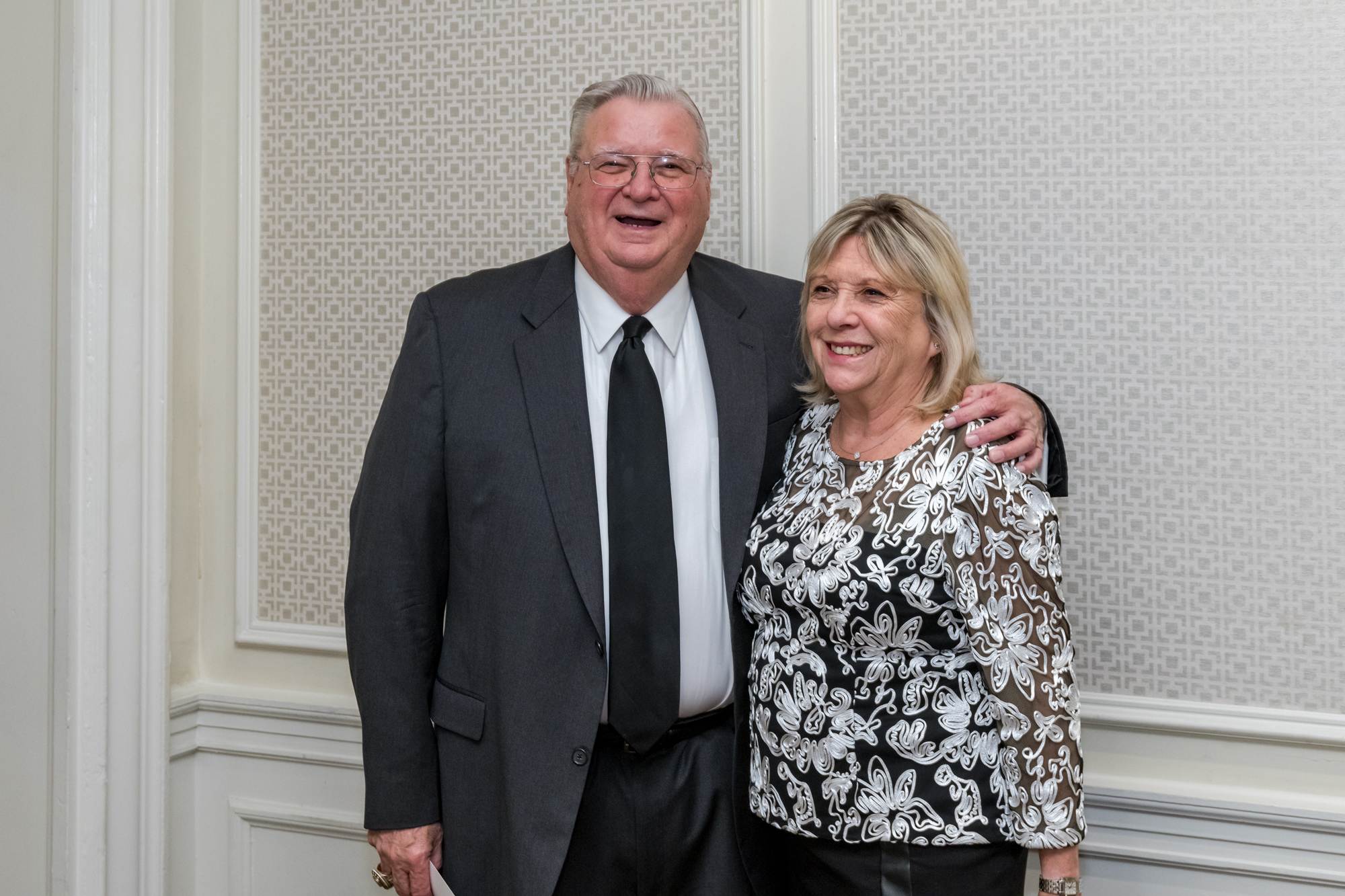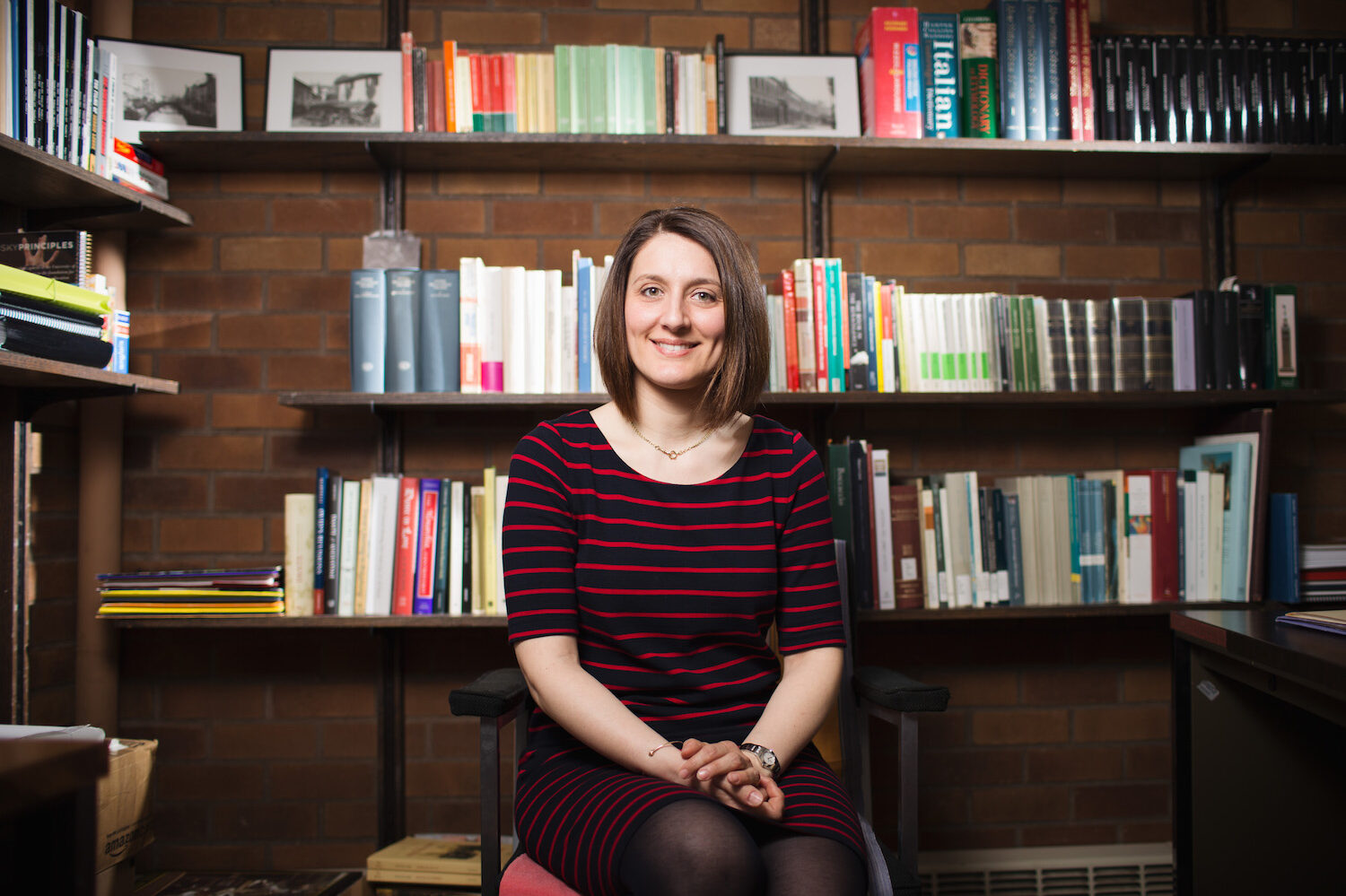All culturally literate people know who George Frideric Handel was, yet the man who gave him his biggest career boost as well as being one of the great composers of his age and more, is largely unknown. It was, in fact, the definitive biographer of Handel, Newman Flower, who dubbed Agostino Steffani , “The most extraordinary European of his day.”
He was born in Castelfanco, Veneto in 1654 and either abandoned or orphaned at an early age. His only possession was a beautiful voice which he used to beg for his survival. Luckily, he was heard by the right person who brought him to St. Mark’s in Venice where he found employment as a choir boy. At the age of 13 a visiting German nobleman was so impressed by him that he took him home to Munich to study music under the patronage of the Elector of Bavaria, who eventually hired him as a Court musician.
In 1674 he was sent to Rome to continue his studies, and upon his return to Munich the following year he was appointed to the prestigious post of Court Organist, and in 1681 began a brilliant career of writing operas which were considered the greatest of his time. They revolutionized the genre by incorporating real drama with the music, something which continues to this day.
George Frideric Handel
George Frideric Handel
He was also ordained a priest, but was still able to devote most of his energies to music. His fame spread across Europe and in 1688 he accepted the important position of Kappelmeister (Chapel Master) in the court of the Elector of Hanover. He continued to compose impressive operas and other works and was regarded as an equal by the noble and royal families, dining at their tables and enjoying their friendship and that of the luminaries of the realm including the mathematician, inventor and philosopher Leibniz.
His genius also found expression in the field of diplomacy. His friend and patron, Ernest Augustus, the Duke of Brunswick, became the Elector of Hanover in 1692, which caused a flap throughout Germany and the Holy Roman Empire. He was appointed special envoy and travelled throughout the various realms smoothing things out for his friend and at the same time securing the rights of Catholics in the Protestant parts of Germany. This so impressed the Pope that he was made a bishop and Apostolic Vicar.
He continued to rise and was appointed ambassador to Brussels and Privy Councilor to the Elector of Palatine. Despite all this work, which he performed brilliantly, making him one of the greatest if not the greatest diplomats of his age, he still found time for composition and continued to write cantatas, instrumental pieces and operas.
In 1710 a promising young musician, George Frideric Handel, arrived at the Hanoverian Court. Steffani recognized his talent, befriended him and took him under his wing. Handel himself put it best, “Steffani received me with great kindness and introduced me to the Princess Sophia, and the Elector’s son , giving them to understand that I was a virtuoso in music.” This was the turning point in Handel’s life. Steffani decided to leave his post as Kappelmeister and the Court and to go to Rome, and at his urging George, who had become the Elector after the death of his father Ernest Augustus, appointed Handel to succeed him, an enormous honor and boost to his career.
The Elector became King George I of Great Britain in 1714 and wished Steffani to accompany him, but he declined since he was quite content with his numerous roles on the Continent. Handel, who had moved to London beforehand, was able to fill the gap, composing his famous Water Music for the King, and that for the coronation of his successor, George II, among numerous other works which show the influence of his benefactor, Steffani.
Among his many honors, Steffani was elected in 1724 as president for life of London’s Academy of Ancient Music. He continued his friendship with Handel, who was now regarded as England’s greatest composer. They met for the last time in Rome in 1727. Steffani died the following year while on a diplomatic mission in Frankfurt.
Despite his brilliant career and truly great music, which influenced not only Handel but most of the other composers of the time, Agostino Steffani became forgotten as time passed. Fortunately, there has been the start of a modern appreciation of his genius. Cecilia Bartoli has recorded a recent album, Mission, which will hopefully lead to more of his music being performed and his operas added to the repertoire; this most extraordinary man deserves it.



